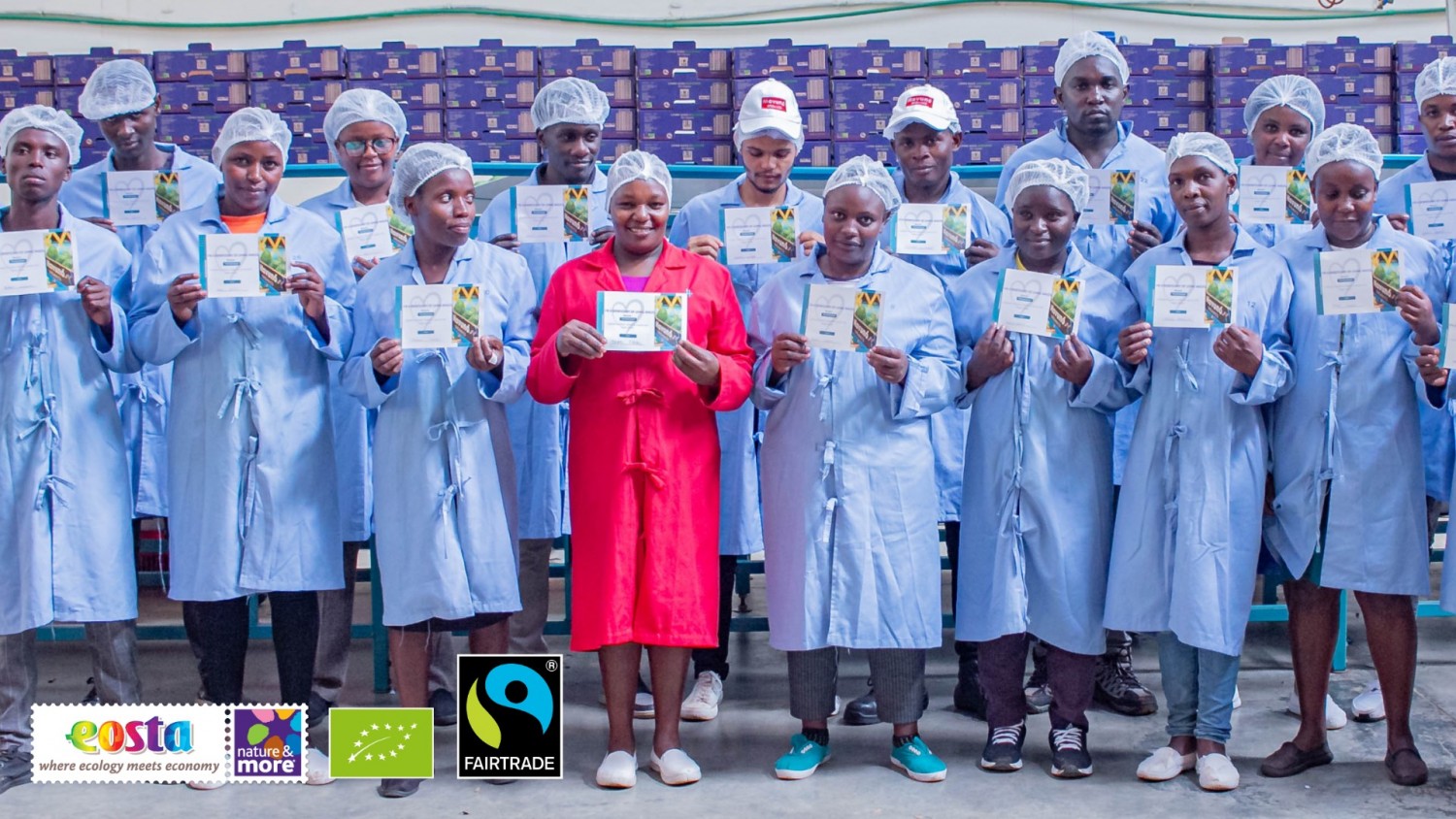
IFOAM on German government plans: 'Organic is more relevant than ever'
In the context of the German government's new coalition agreement, which reiterates its ambition to strengthen organic farming, Eosta spoke to Ravi Prasad, Executive Director of IFOAM - Organics International. He shared his views on the importance of organic in 2025, Germany's international role and the significance of social justice within the organic chain.
Organic in 2025: more relevant than ever
According to Ravi Prasad, Executive Director of IFOAM - Organics International, organic in 2025 is more relevant than ever.
Many people see 'organic' as a label at the store, he argues. "But the term But the word ‘organic’ carries much more weight. It means that the farmer opted out of hazardous pesticides to deliver products that are healthy and nutritious, for the consumers and the planet."
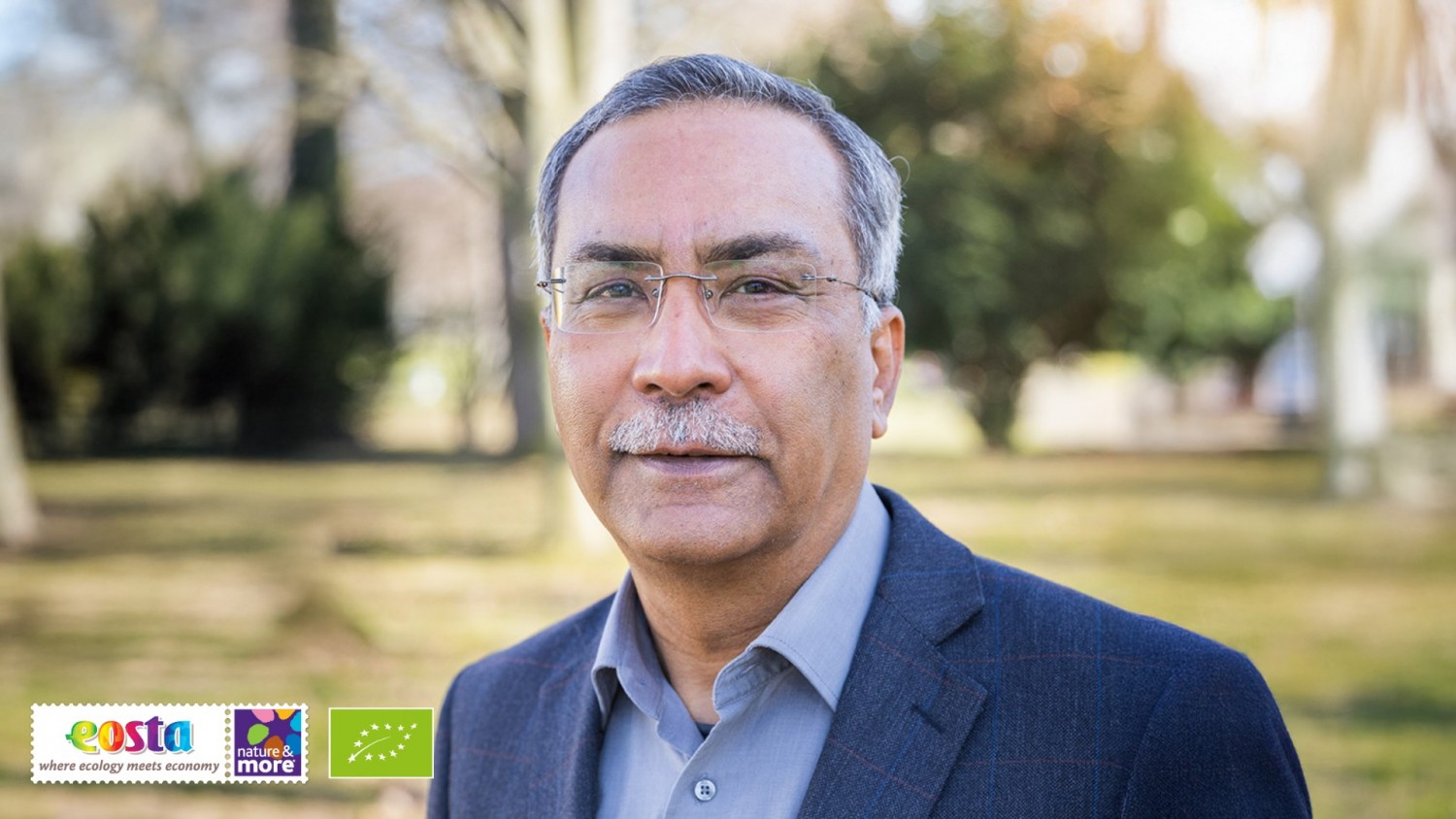
According to Prasad, buying organic is also an important, and even political choice: it means that a consumer is choosing a product that is not only healthy, but also fairly produced - benefiting both farmer and environment. Such choices are more important now than ever, at a time of geopolitical turmoil, conflict on top of environmental threats.
Choosing organic means supporting local producers, reducing the carbon footprint and reducing environmental costs. Organic traditionally responds to human and planetary needs. It guarantees fair pay for farmers and healthy soil by avoiding the use of harmful chemicals.
In 2025, the relevance of organic is more visible than ever:
- Consumption of organic products is growing
- Organic increasingly features in policy dialogues
- By 2023, organic farming area grew by 2.6% globally
- During the EU strategic dialogue on agriculture, organic emerged as a preferred direction
This makes organic a realistic alternative for an inclusive, fair and healthy food chain - and part of the solution to the climate crisis.
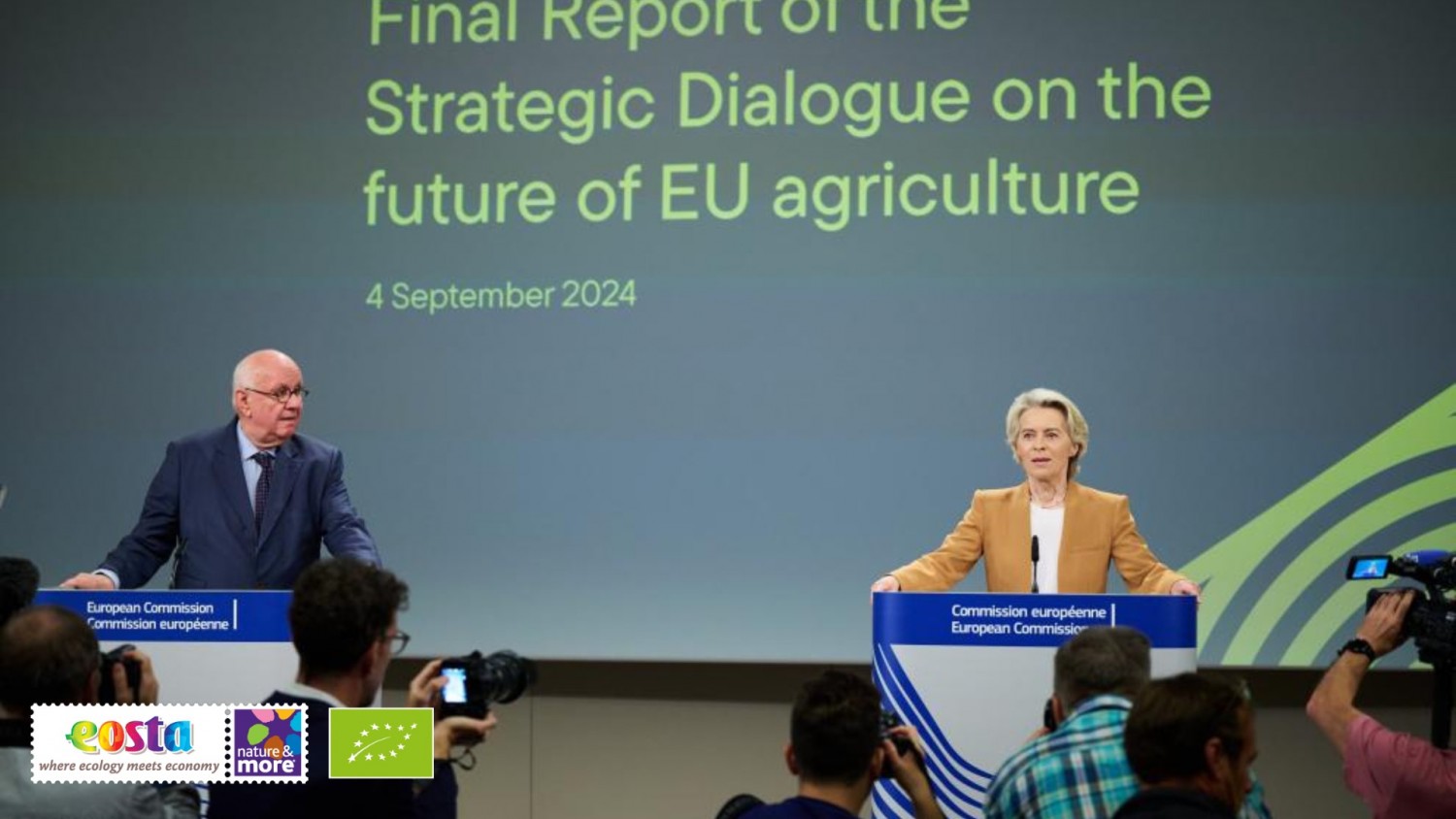
Coalition agreement underlines ambition for 30% organic
IFOAM - Organics International welcomes the coalition agreement announcing additional commitment to organic agriculture. In its coalition agreement, the new government confirms the 30% target from 2021, which was concretised in the Organic Strategy 2030 at the end of 2023.
With this target, the German government underlines its commitment to a sustainable future and a healthy food system. At the same time, the government thereby recognises that organic farming is a tangible alternative to conventional agriculture.
According to Prasad, this is an important step towards a future-proof agricultural system. At the same time, he sees that much work remains to be done:
"We must jointly ensure the right conditions to realise this ambition - from policy to pricing and support for farmers." IFOAM is ready to act as a knowledge partner in this. Prasad: "Our organisation enjoys working with ministries, because cooperation at multiple levels is essential to realise shared ambitions."
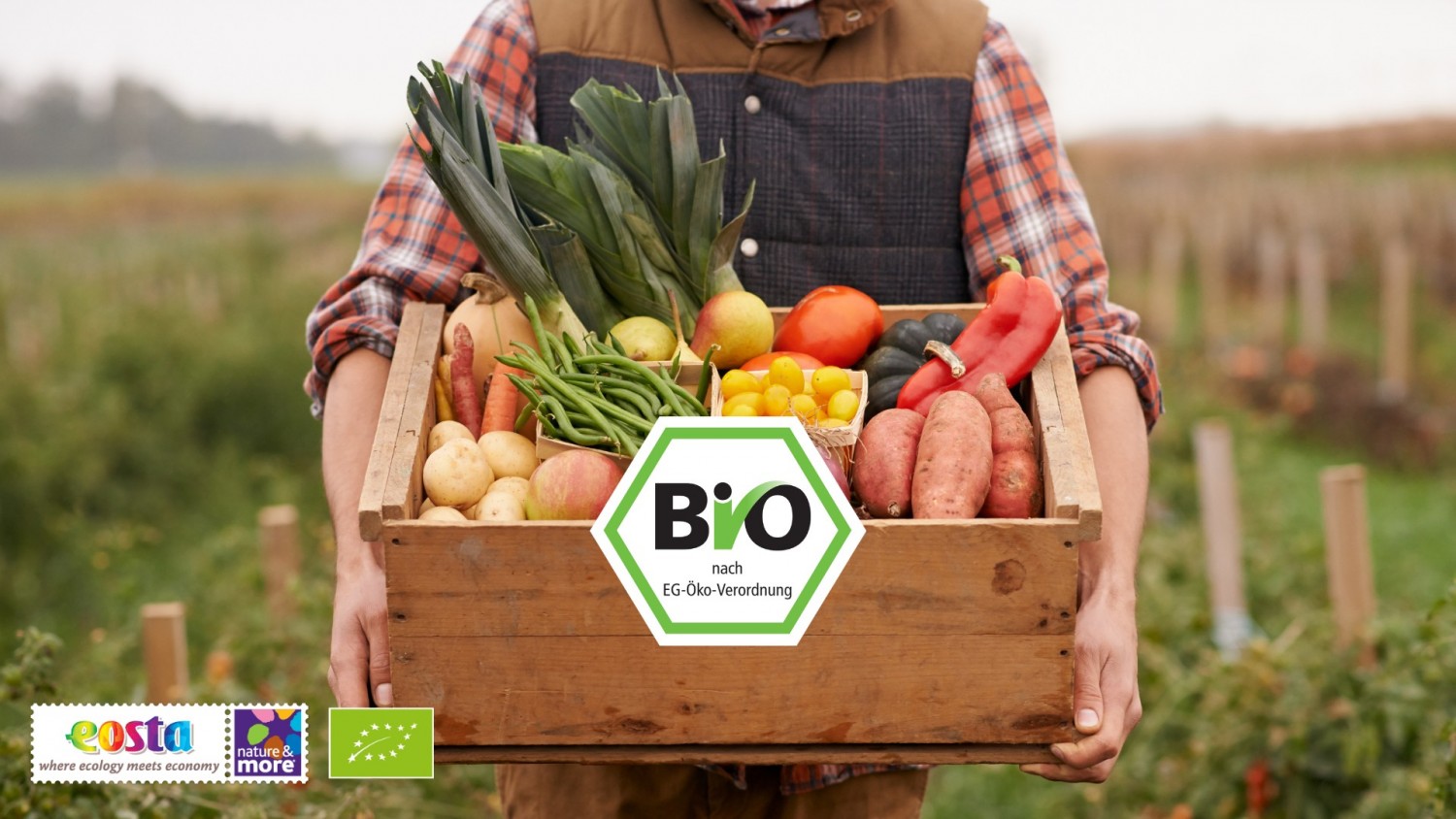
BIOFACH as a global platform
IFOAM - Organics International, based in Germany, has developed strategic collaborations that strengthen organic trade. "In collaboration with NürnbergMesse, we established the annual trade fair BIOFACH," says Ravi Prasad, " which has evolved into one of the biggest platforms to promote organic trade and our movement."
With IFOAM - Organics International as its international patron, the annual BIOFACH in Nuremberg - as well as elsewhere in the world - provides B2B opportunities for members and trade partners. "In addition, the congress at these is invaluable in terms of knowledge exchange and policy influencing.”
"We support these events," Prasad continued, "and are proud of the platform they create globally." BIOFACH China and Latin America recently concluded, and more editions are planned in other regions.
Germany and the wider European market are also having a major impact on the organic movement in many other countries. "A concrete example is that countries like Japan are trying to mirror good practices like the Farm to Fork strategy that has been implemented by the European Commission.”
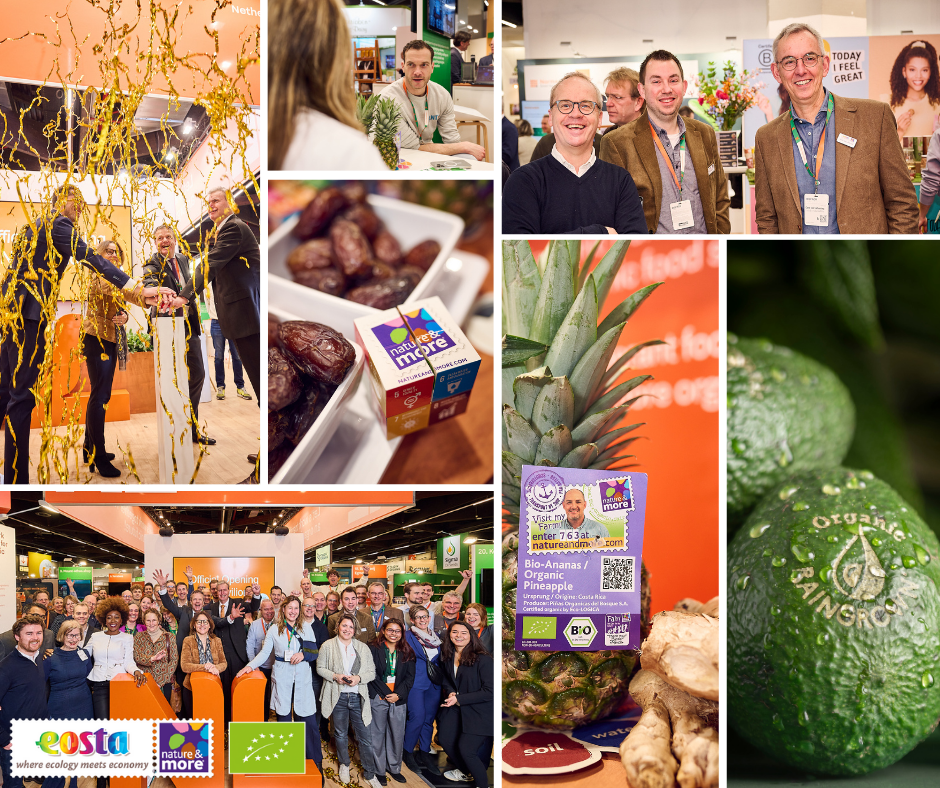
Social justice is fundamental
What role does social justice play in the organic chain? According to IFOAM - Organics International, it is one of the core values on which organic farming is built.
The four core principles of organic farming - health, ecology, fairness and care - form the foundation of IFOAM - Organics International. These principles are interconnected and based on human rights. In this regard, social justice falls under the principles of fairness and care.
"Fairness means that everyone involved in organic farming - from farmer and worker to processor, distributor, trader and consumer - should deal with each other in a fair and respectful manner," says Ravi Prasad.
IFOAM actively works to ensure that everyone working in organic farming receive fair compensation.
Want to know more about IFOAM's work? Visit www.ifoam.bio
